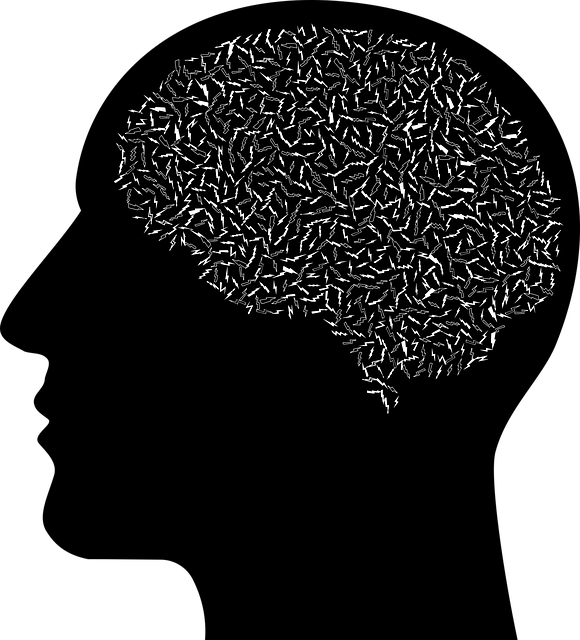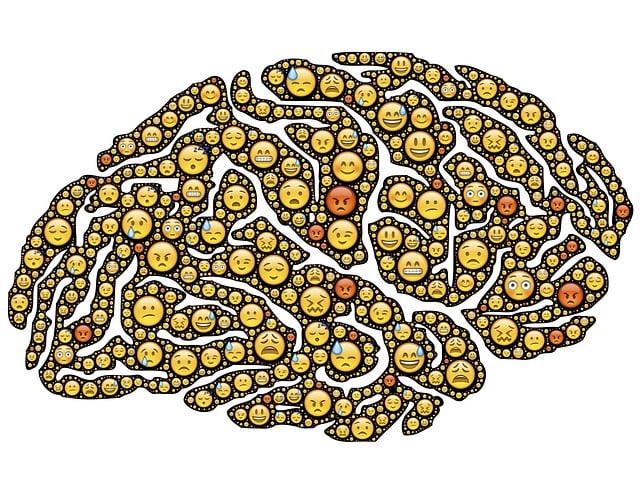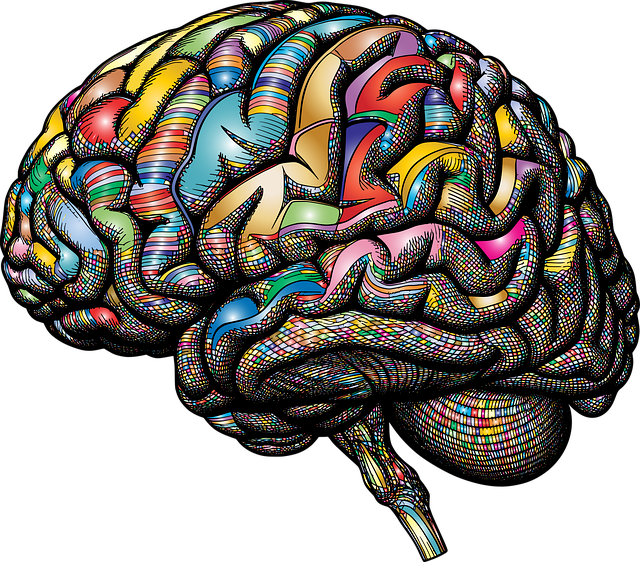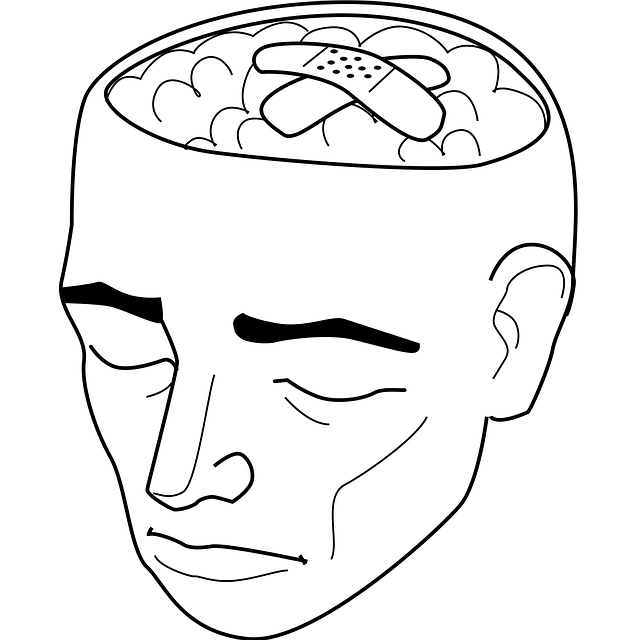Parker Dissociative Disorder (PDD) is a complex mental health condition marked by self-perception and consciousness disruptions causing dissociation symptoms like memory lapses, identity confusion, and distorted time perception. Specialized Parker Dissociative Disorder Therapy through trauma-focused cognitive behavioral therapy, thorough risk assessments, and education programs is crucial for managing PDD. Mental wellness coaching offers a personalized approach to addressing dissociation, integrating fragmented emotions, memories, and identities, enhancing emotional regulation, resilience, and coping strategies. Coaching programs structured with evidence-based techniques aim to empower individuals with lasting strategies for managing their condition and improving quality of life.
Mental wellness coaching programs are emerging as powerful tools in the treatment landscape, especially for complex conditions like Parker Dissociative Disorder (PDD). This article explores the intricate relationship between mental wellness coaching and PDD, delving into symptoms, challenges, and effective strategies. We examine how tailored coaching programs can enhance traditional therapy, offering hope and support for individuals navigating the complexities of dissociation. By understanding PDD’s nuances, we can design interventions that foster optimal recovery.
- Understanding Parker Dissociative Disorder: Symptoms and Challenges
- The Role of Mental Wellness Coaching in Treating Dissociation
- Designing Effective Coaching Programs for Optimal Recovery
Understanding Parker Dissociative Disorder: Symptoms and Challenges

Parker Dissociative Disorder (PDD) is a complex mental health condition that involves disruptions in an individual’s sense of self and consciousness. Individuals with PDD often experience episodes of dissociation, where they feel detached from their thoughts, feelings, or surroundings. This can range from mild, temporary feelings of detachment to more severe episodes where the person experiences a complete disconnect from reality. Symptoms include memory lapses, confusion about one’s identity, and a distorted sense of time.
The challenges posed by PDD are multifaceted. Those affected may struggle with mood management, as dissociation can lead to rapid shifts in emotions. This condition often requires specialized therapy, such as trauma-focused cognitive behavioral therapy, to help individuals process and overcome their traumatic experiences. For mental health professionals, conducting a thorough risk assessment is crucial when working with PDD patients to ensure safety protocols are in place. Additionally, designing effective mental health education programs can empower both professionals and affected individuals to better understand and manage the disorder.
The Role of Mental Wellness Coaching in Treating Dissociation

Mental wellness coaching plays a pivotal role in addressing dissociation, a complex symptom often associated with traumatic experiences and disorders like Dissociative Disorder (DD). Coaching provides a safe and supportive space for individuals struggling with dissociation to explore and understand their unique experiences. Through tailored interventions, coaches help clients develop coping skills to manage fragmented feelings, memories, and identities. This process promotes emotional regulation, enabling individuals to reintegrate disparate aspects of themselves into a coherent whole.
Coaching sessions can incorporate techniques from Parker Dissociative Disorder Therapy, focusing on improving self-awareness and identity integration. By fostering a deeper connection with their emotions and experiences, clients gain valuable insights into their dissociation. This personalized approach supports them in building resilience, enhancing coping strategies, and ultimately improving their overall mental wellness. Additionally, community outreach program implementation can extend these therapeutic benefits, offering peer support and education to create a more understanding and inclusive environment.
Designing Effective Coaching Programs for Optimal Recovery

Designing effective coaching programs for mental wellness is a nuanced process that requires tailoring interventions to meet individual needs. For conditions like Dissociative Disorder, where patients often struggle with identity fragmentation and disassociation, a compassionate and structured approach is imperative. Coaches play a pivotal role in guiding individuals towards recovery by fostering resilience building and coping skills development.
A well-structured program should incorporate evidence-based techniques, such as cognitive behavioral therapy principles, to help clients understand and manage their symptoms. By promoting self-awareness and providing tools for emotional regulation, mental wellness coaching programs development can empower individuals to navigate their unique challenges effectively. The goal is not just to alleviate symptoms but to equip clients with lasting coping strategies, enhancing their overall quality of life.
Mental wellness coaching programs play a pivotal role in treating complex conditions like Parker Dissociative Disorder (PDD). By integrating evidence-based practices and tailoring them to individual needs, these programs offer a promising path to optimal recovery. Understanding the unique challenges of PDD, such as its symptoms and triggers, is essential for designing effective coaching strategies that empower individuals to navigate their experiences with enhanced resilience and well-being. Through dedicated support and personalized guidance, mental wellness coaching has the potential to transform lives affected by PDD, fostering a deeper sense of stability and self-awareness.














